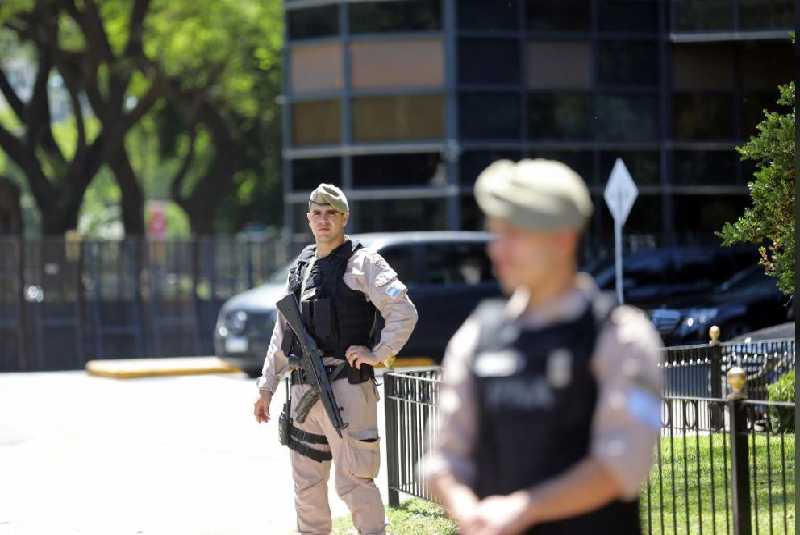×
The Standard e-Paper
Smart Minds Choose Us

BUENOS AIRES -Argentina will launch a massive security operation in coming days to try to ensure a calm meeting of the leaders of the G20 bloc of nations in Buenos Aires, calling a national bank holiday on Friday and shutting down the city’s main business district.
With local merchants riled about losing business on Friday and Saturday, and anti-globalisation protesters preparing to march, the government has advised anyone not involved in the G20 to take Friday off and get out of town for a long weekend.